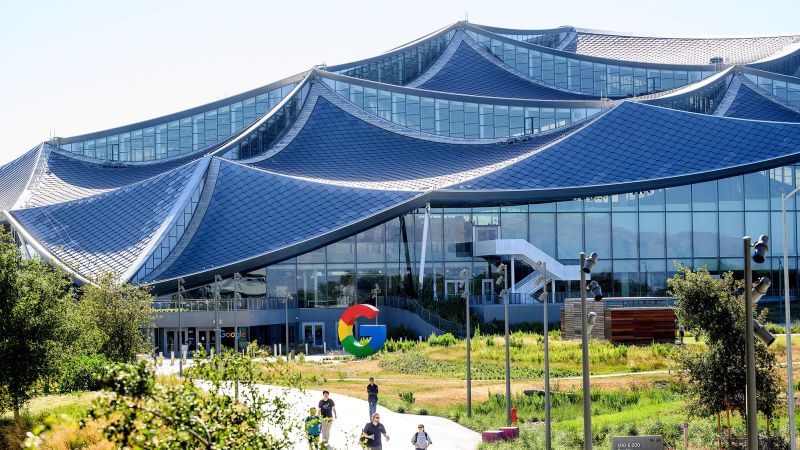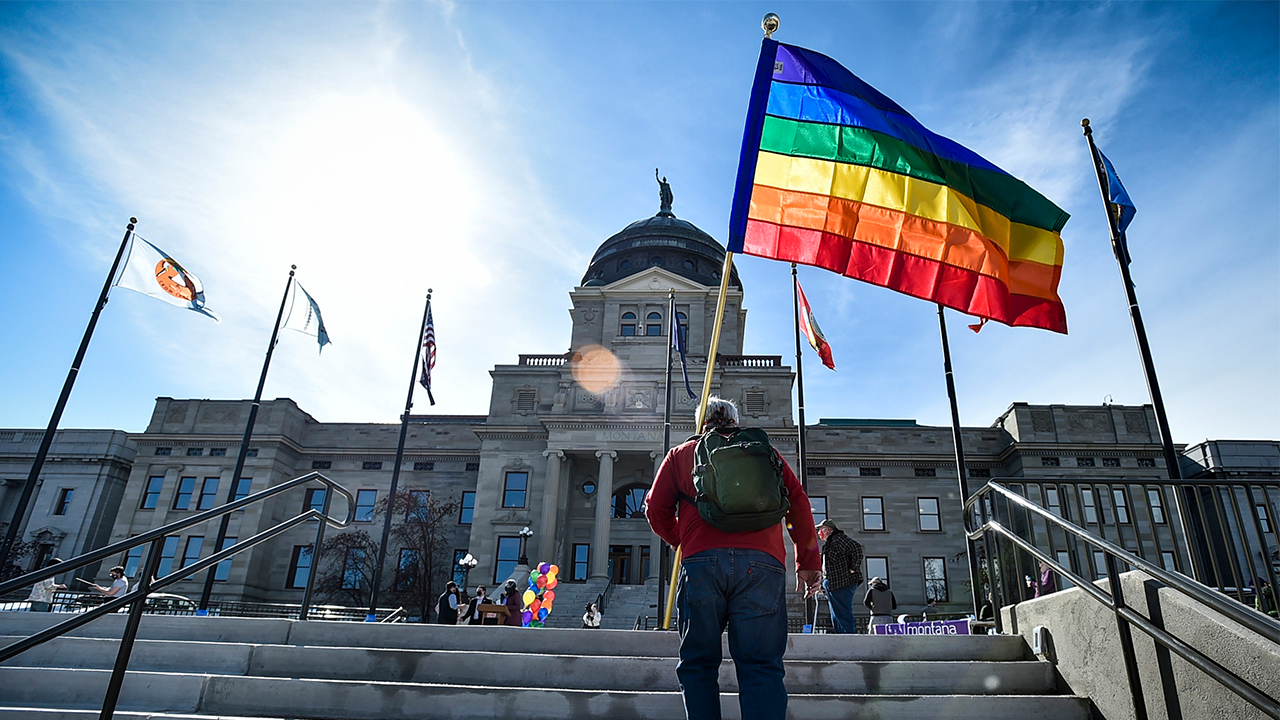NAIROBI, Kenya — Kenya was calm on Tuesday, a day after Deputy President William Ruto was declared the winner of the narrow presidential election over longtime opposition figure Raila Odinga — a vote closely watched in the East African country that has been crucial to regional stability.
There were protests by Odinga supporters in some cities Monday night after chaos around the declaration as a majority of electoral commissioners alleged the process was “opaque.” Those commissioners, appointed by President Uhuru Kenyatta last year, gave no details about their sudden objection after an election widely seen as the most transparent ever in Kenya.
The 77-year-old Odinga, who has pursued the presidency for a quarter-century, still has made no public statement or appearance. His campaign has signaled it might challenge the election result in court and has seven days after the declaration to do so. The Supreme Court would then have 14 days to make a ruling.
The electoral commission chairman said Ruto won with almost 50.5% of votes while Odinga received nearly 49%. On Tuesday, the local Elections Observation Group announced that its highly regarded parallel voting tally “corroborates the official results” in an important check on the process.
“We have made strides toward credible elections,” the group said. It called the split in the electoral commission “unfortunate” but noted that the chairman is the one charged under the constitution with announcing the results.
Odinga’s campaign had expected victory after the outgoing president in a political twist backed his former rival Odinga instead of his own deputy president. In the minutes before the declaration, shocked Kenyans watched shouting Odinga supporters, including newly elected members of Parliament, scuffle with electoral commission officials before police restored calm.
The 55-year-old Ruto appealed to Kenyans by making the election about economic differences and not the ethnic ones that have long marked the country’s politics with sometimes deadly results. He portrayed himself as an outsider from humble beginnings defying the political dynasties of Kenyatta and Odinga, whose fathers were Kenya’s first president and vice president.
Still, the turnout in last Tuesday’s vote dipped to 65% as Kenyans across the country of 56 million expressed frustration and lack of confidence that the candidates would address the problems of rising prices, high unemployment and widespread corruption. The now-wealthy Ruto himself has faced and denied multiple allegations of land grabs and other graft.
In the quiet capital, Nairobi, on Tuesday, motorbike rider Distrious Mirimo saw some businesses remained closed. “Those who have closed are in fear but I urge them to open because there is nothing going on,” he said. “The president has already been chosen and we must accept the results.”
As a growing number of African leaders issued statements congratulating Ruto, Kenya’s outgoing president remained silent.
———
This version corrects Kenya’s population to 56 million, not 65 million.




















Discussion about this post